Top Tips for Effective Edtech Social Media Marketing
Author: Team WH
Published On: 10-01-24
Last Updated on: 19-04-24
Estimated reading time: 9 minutes
61.4% of the world’s population are social media users! It’s a free resource wasted if companies do not leverage this number in their favour.
An effective social media presence gives edtech companies an edge over others. It presents the perfect medium to give the target audience a glimpse of their resources or an insight into their teaching methodology. It also helps with networking by making it easier for them to connect with students, teachers, principals, educational institute managers, corporate training executives, and their entire audience.
However, just being on social media platforms is not enough. With evolving algorithms and differing demands of each platform, it can become a tall ask to manage edtech social media marketing.
Here are top social media platforms and how an edtech company can use them. Learn edtech social media marketing tips to help companies leverage these platforms to maximise returns.
Top Social Media Platforms for Edtech Companies
Merely posting on each site will not help edtech companies reach their marketing goals. They need to understand the specificities and individual strategies to use these platforms.
X

X, previously known as Twitter, is best used as a promotional site where your specific course, service, or resource can be promoted. X should be used for ad campaigns and tweeting and re-tweeting about your USP (unique selling point), like the quality of your educational resource or your user-centric teaching modules.
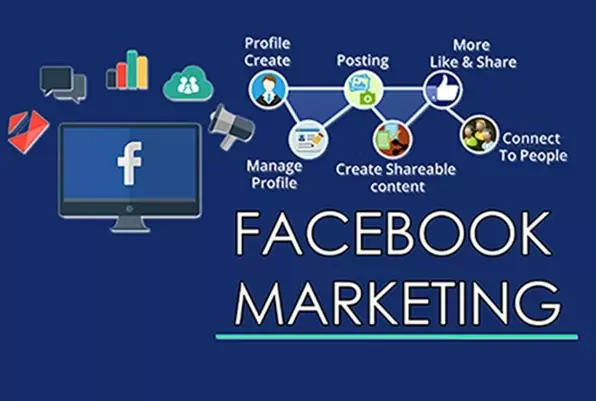
Facebook falls among the most popular social media platforms and, thus, should be used to connect with the target audience and increase overall brand awareness. You can share your web links, increase customer interaction, conduct live sessions with your instructors and upload videos of how your module or resource is helping your audience.
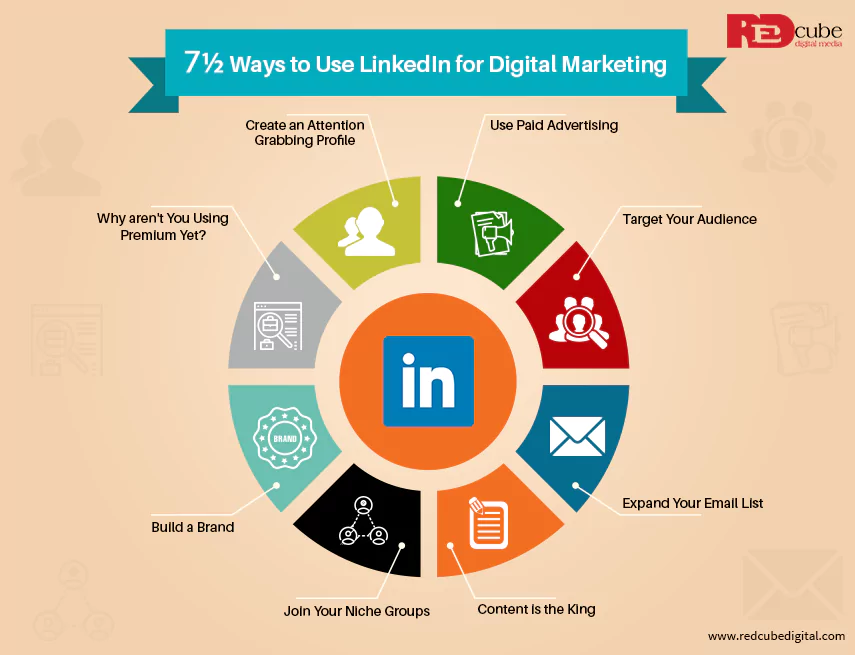
The audience and intent of LinkedIn are slightly different than the rest of the platforms. This is where you can establish your brand authority among customers, professional instructors, and industry specialists. Posting about industry trends and your company’s future vision and mission can help increase its perception and appearance among the target audience.
Google+
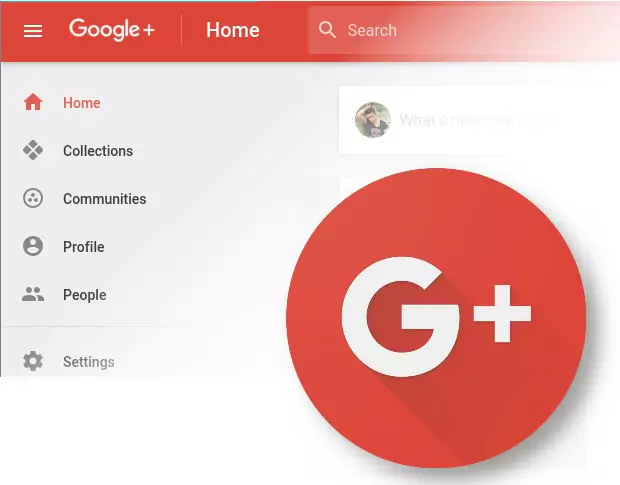
Google+ is a relatively untapped social media site by Google. Using this platform to promote your service and educational resources can lead to Google noticing your website. This can increase ranking in SERP (search engine results page). Joining relevant communities and sharing about your brand and its services can help organically increase business.

Instagram is the perfect platform to tap into the minds of your younger audience. While people do not usually search for educational content on Instagram, this platform can be used to connect with and establish relevance among your target audience. Keeping up with the recent trends and sharing snippets of how your educational resource is helping students globally can help increase your brand visibility and followers easily.
YouTube
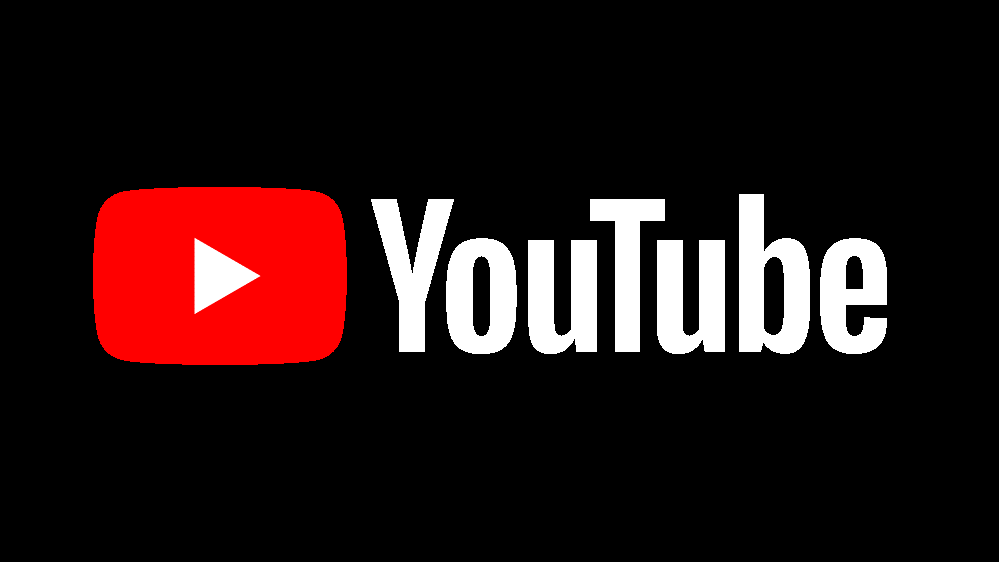
For edtech companies, YouTube is the most useful social media platform. Edtech companies can share demo classes and videos of learners benefitting from their modules and teaching style on YouTube. They can further conduct live sessions to clear doubts and provide insight into the real-life workings and operations of the brand.
Edtech Social Media Marketing Tips for Effective Results
While knowing about each social media platform specifically can help clarify its usage, following these common tips can further uplift edtech social media marketing strategies.
Be Clear About Your Objective
Among the top ways for edtech brands to achieve their specific marketing goal is to know precisely what those goals are. Is it increasing brand visibility, boosting sales, or simply connecting with the audience? Based on these goals, edtech companies can use specific mediums and devise their SMART goals.
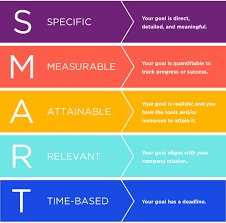
Specific- Being as specific about their goal as possible can help edtech start-ups and companies move ahead of their competitors.
Measurable- Simply shooting goals like increasing followers or generating leads is not very fruitful. The goal should be measurable, like generating 30 new leads from LinkedIn or increasing 35% followers across all platforms, 25 resource downloads, etc.
Achievable- Another aspect of goal setting is ensuring the goal is achievable. For instance, generating 100 leads per week as a beginner in social media marketing is overshooting. On the other hand, increasing 10 email subscribers in a month is more achievable, particularly as a beginner.
Relevant- The social media marketing goal you set for your brand should be relevant and coherent with your brand vision, mission and objective.
Time-bound- Not setting a deadline for your goals can only drag them and make them difficult to achieve. A time-sensitive goal builds momentum and increases the chances of success.
Be Clear About Your Target Audience
After your goals, the target audience is the next thing to get clarity upon. If your edtech brand provides e-learning modules for corporate training, your target audience is the decision-makers in corporations and MNCs. They can be reached most efficiently using LinkedIn or Email.
On the other hand, if the edtech company aims to deliver educational services to schools and colleges, the principal and other decision-makers are their audiences. The best way to reach them is through email marketing.
Lastly, if you provide interactive content resources to individual students to help them clarify specific subjects and topics, Instagram, Facebook, and YouTube are the best platforms to connect with them.
Hence, being specific about your target audience can significantly increase the overall efficiency of edtech social media marketing strategies.
Leverage the Power of Influencers
Influencers have established their mark on their respective platforms and have many followers. Edtech companies can take their help to market their product/service. You can ask these influencers to review your product, make videos, write blogs, or discuss your edtech service.
92% of marketers find influencer marketing an effective tool! People usually trust an influencer’s word and base their buying decisions on an influencer’s review.
You must first determine your desired social media platform and research the influencer who best resonates with your edtech vision and mission. You must also match the demographic of their followers with your target audience demographic. This social media marketing tip will help reach your intended audience organically.
Be Prompt with Replying to Messages and Comments
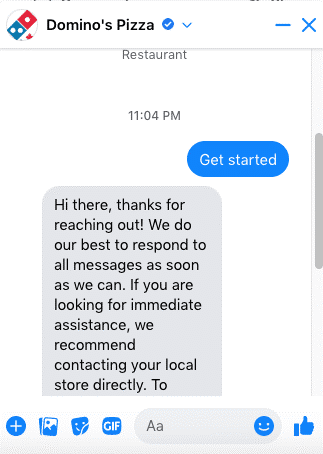
While posting quality content is important, it is still a part of your social media marketing strategy. An essential element of this strategy is establishing a rapport with your audience.
In an online medium, the best way to forge a connection is by replying to the queries, messages and comments people leave on your profile. This makes the audience feel heard, respected and understood. You can also conduct a question-and-answer session to clarify doubts about your edtech company.
Prompt replies also build credibility and increase the engagement ratio, encouraging your target audience to participate in your social media initiative.
Have a Separate Social Media Logbook
This time-saving trick can instantly boost the engagement and viewing ratio of your social media posts. Create a logbook where you plan and schedule the post in advance. Here, you record the type of content to post, when to post it, and on which platform. This should be based on previous experience of how a particular type of content performs.
For instance, a 30-minute video describing your unique teaching structure posted on Instagram will not gather as many views as it would on YouTube. Additionally, posting highly informative content on Facebook will generate less engagement than if it was posted on LinkedIn.
Thus, a record or a schedule can help get clarity and increase the effectiveness of your social media marketing strategy easily.
Post User-Generated Content
User-generated content is another marketing tip that can make your edtech social media accounts more reliable and gain more traction. 93% of marketers believe in this strategy.
For instance, you can post a video of a learner impacted by your edtech service or a good review that your company got for its valuable resources. This emotional element will bring authenticity and credibility to your company, inevitably encouraging your prospective target audience to buy your product/service.
Consistency is Key
Another important and simple edtech social media marketing tip is to be consistent. You must be patient and consistently post regularly to reap the benefits social media platforms offer.
With the fluctuating algorithms on social media platforms, the best way to navigate these changes is to post consistently.
This will help your edtech company create a brand and attract more people.
Conclusion
Being on social media platforms is not a necessity for brands, particularly edtech companies. However, leveraging the presence on these platforms can help edtech companies reach their marketing goals effectively.
Brands can start by understanding one platform, analysing its ROI, and mastering its strategies before adding another platform to their strategy. This will make the process less overwhelming and more efficient in the long run.
Additionally, using these edtech social media marketing tips can help companies increase their brand visibility, awareness, and engagement more systematically.
Frequently Asked Questions
What is the Best Social Media Platform for Edtech?
The best social media platform for edtech is YouTube, owing to its high-quality, long-duration video display feature. Platforms like Instagram, LinkedIn, Facebook and Twitter can also be fruitful. However, the platform can vary with each edtech company.
What can Social Media’s Contribution to Marketing in Edtech Space Be?
Social media can play a huge role in helping edtech companies reach their marketing goal. Be it increased brand awareness, more engagement with the target audience, or improved brand visibility, it can be covered by an effective social media marketing strategy.
How can Edtech Companies Keep Up with the Ever-Evolving Social Media Trends?
Keeping up with the ever-evolving social media trends for edtech companies is easier than ever. You simply have to follow industry news, attend webinars, and try to analyse the social media platforms on your own. You can also partner with a marketing specialist who can keep your social media profiles up-to-date and in coherence with the latest algorithms.
How can Edtech Companies Measure the Benefits and Success of Their Social Media Marketing Strategies?
Measuring the success of a social media marketing strategy for edtech companies is fairly straightforward. You can measure engagement metrics by analysing the number of likes, shares and comments on specific posts. You can also measure click-through rates on links, number of downloads, and views to effectively gauge the overall success and ROI of your marketing strategy.
Is Paid Advertising on Social Media an Effective Strategy for Edtech Companies?
Maybe not immediately, but eventually, edtech companies can use paid advertising as a social media marketing strategy. It helps these companies reach their target audience more effectively by considering their demographic, interests, and behaviour.























































































































